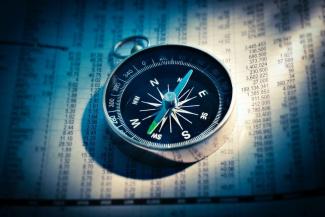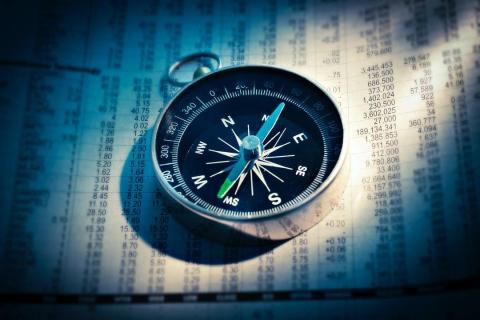
Recession- Yes, Maybe, No
Let's take a look where we actually are. According to AAA, average gas prices have fallen to $4.113 per gallon with eleven states below $4. The markets had a strong July with the S&P 500 up 9%. While short term rates were pushed higher by the Federal Reserve, mortgage rates dropped from a high near 6% to below 5% for the first time since April.
At the same time, the news media was talking about a recession with some saying things are so bad in the economy and will only get worse as the year goes on.
So, let’s start with the question, what is a recession? There are different definitions, but basically it is when economic activity turns negative for a period of time. It is actually up to the National Bureau of Economic Research (NBER) to declare when we are in a recession. The NBER economists tend to look beyond GDP statistics to company payrolls and consumer spending to determine when to call it a recession.
Recession – Yes
The only argument you can make now is that if you follow one definition: two quarters of negative GDP. Based on that alone, one would argue we are in a recession since the first two quarters of 2022 saw the economy, as defined by GDP, contract. Other than that, it is hard to find any evidence that we are in a recession.
Recession – Maybe
Inflation is often a sign of a strong economy. To slow it down, the Federal Reserve pushes short term interest rates higher. Think of driving a car too fast, you use the brakes to slow down. Raising interest rates is similar to using the brakes of a car. The idea is to slow the economy and thus bring inflation down. The difference this time, in addition to a strong economy, there are still supply chain issues and the war in Ukraine that is impacting prices throughout the world. Higher interest rates at some point will cause a slowdown, but recession, that remains to be seen.
Recession- No
During recessions, companies lay off workers and the unemployment rates rise. Today’s unemployment numbers were a big surprise. The consensus expected about 250,000 jobs were created in July. The actual number came in at 528,000. The unemployment rate dropped to 3.5% which is tied with the lowest since 1969. During recessions, consumer spending slows down. Currently, consumer spending is extremely strong. Just yesterday, Mastercard reported that consumer spending was up 11.2% in July which follows a 9.5% increase in June.
As much as some people want to continue to say that times are so bad and that we are in a recession, the statistics do not support that position. The real question though, does it matter what you call the economic stage we are in? The pandemic continues to make it hard to define this economy. At some point we will have a slowdown and yes, even a recession. But for now, let’s all enjoy the summer and not worry about the economy!


